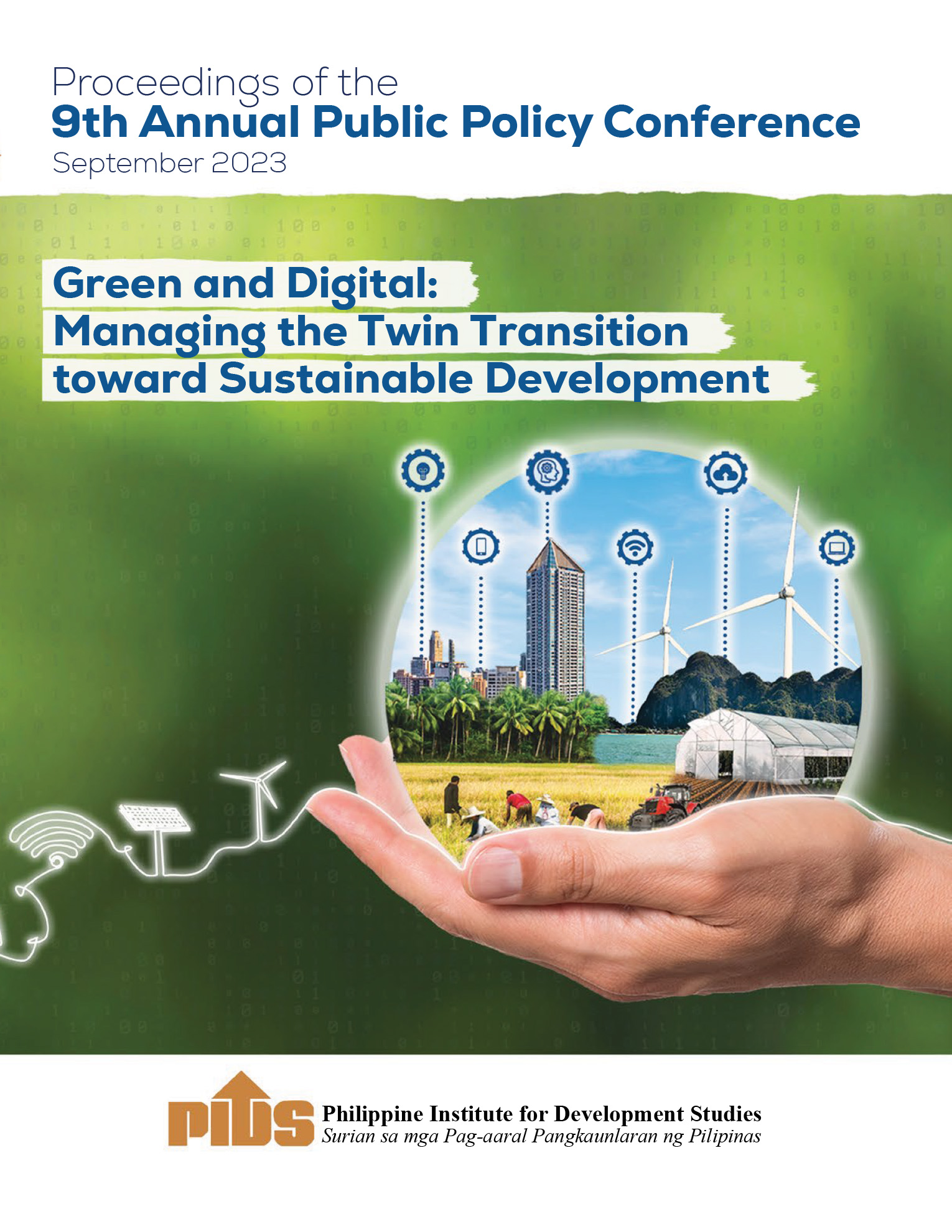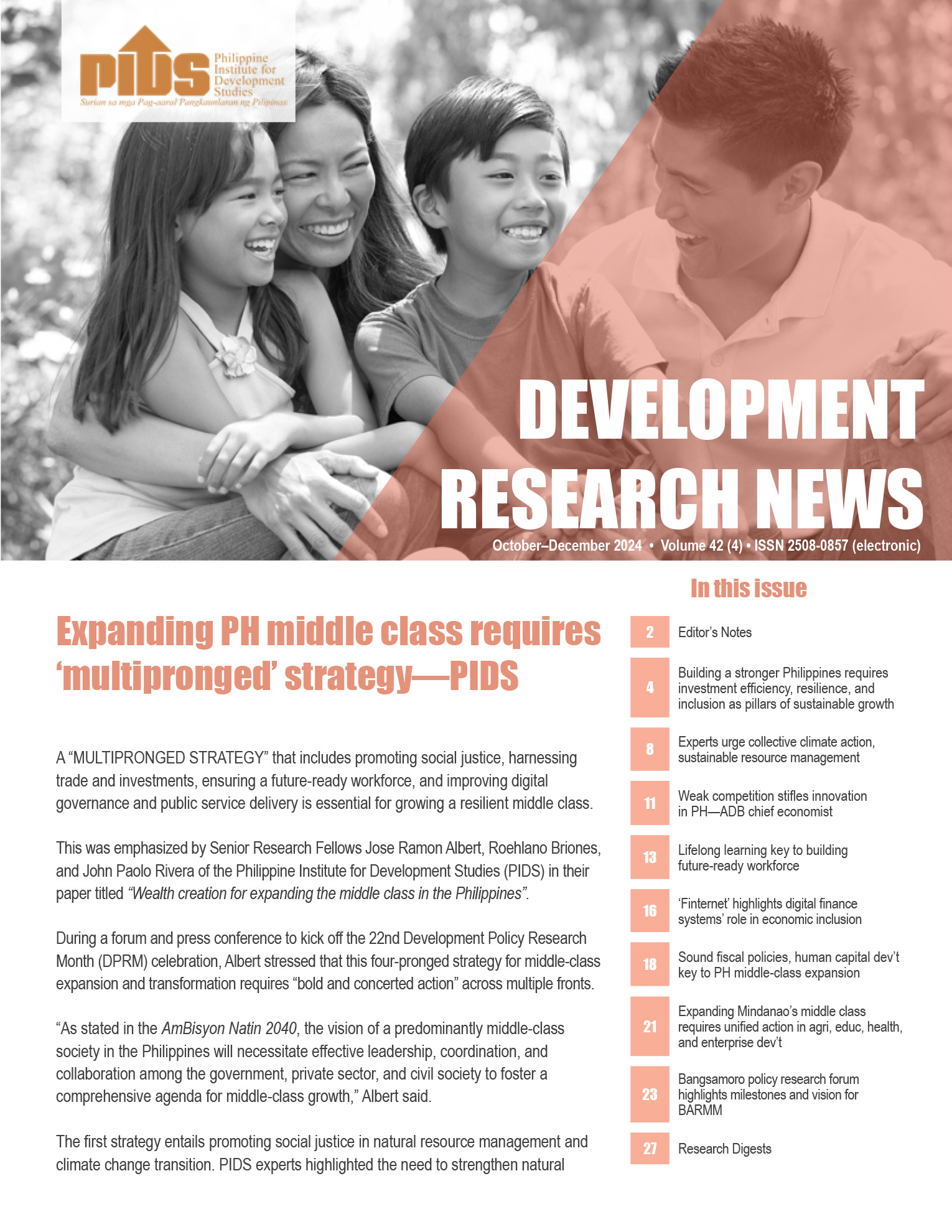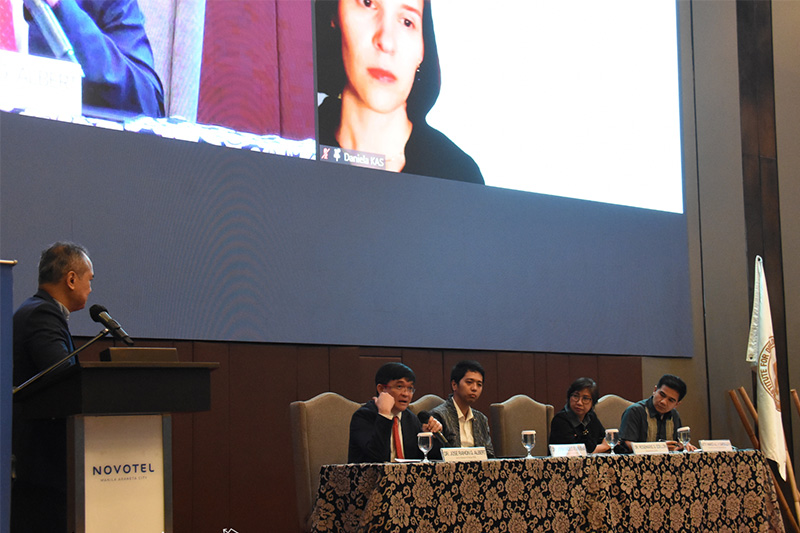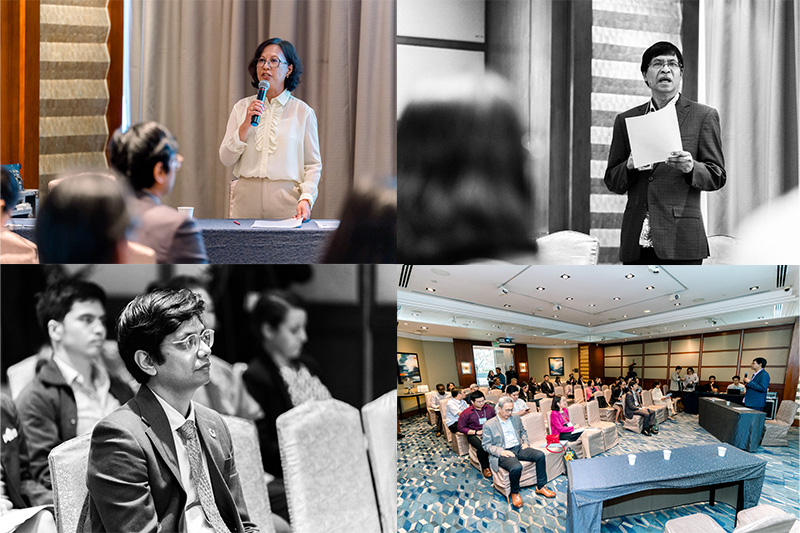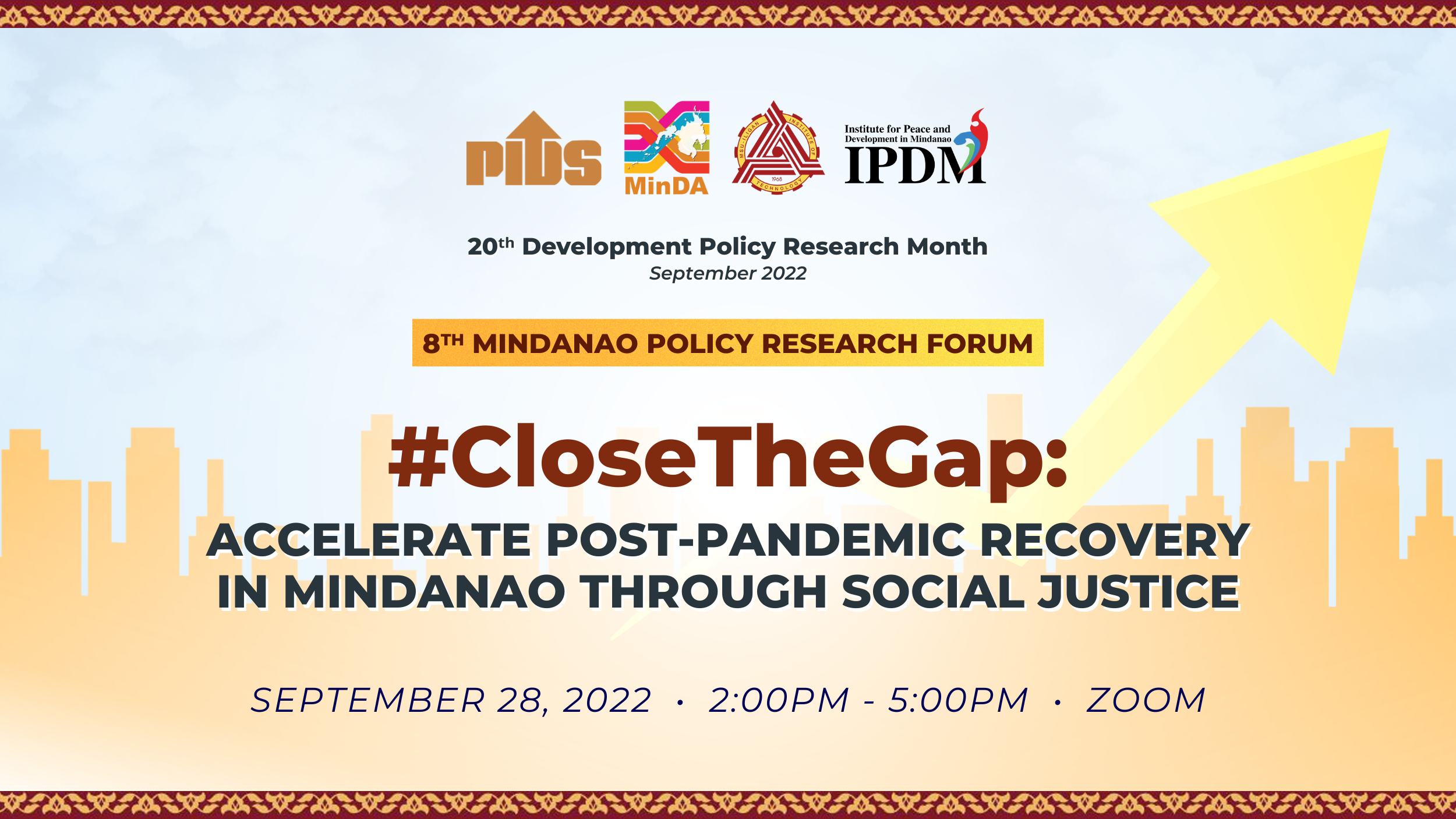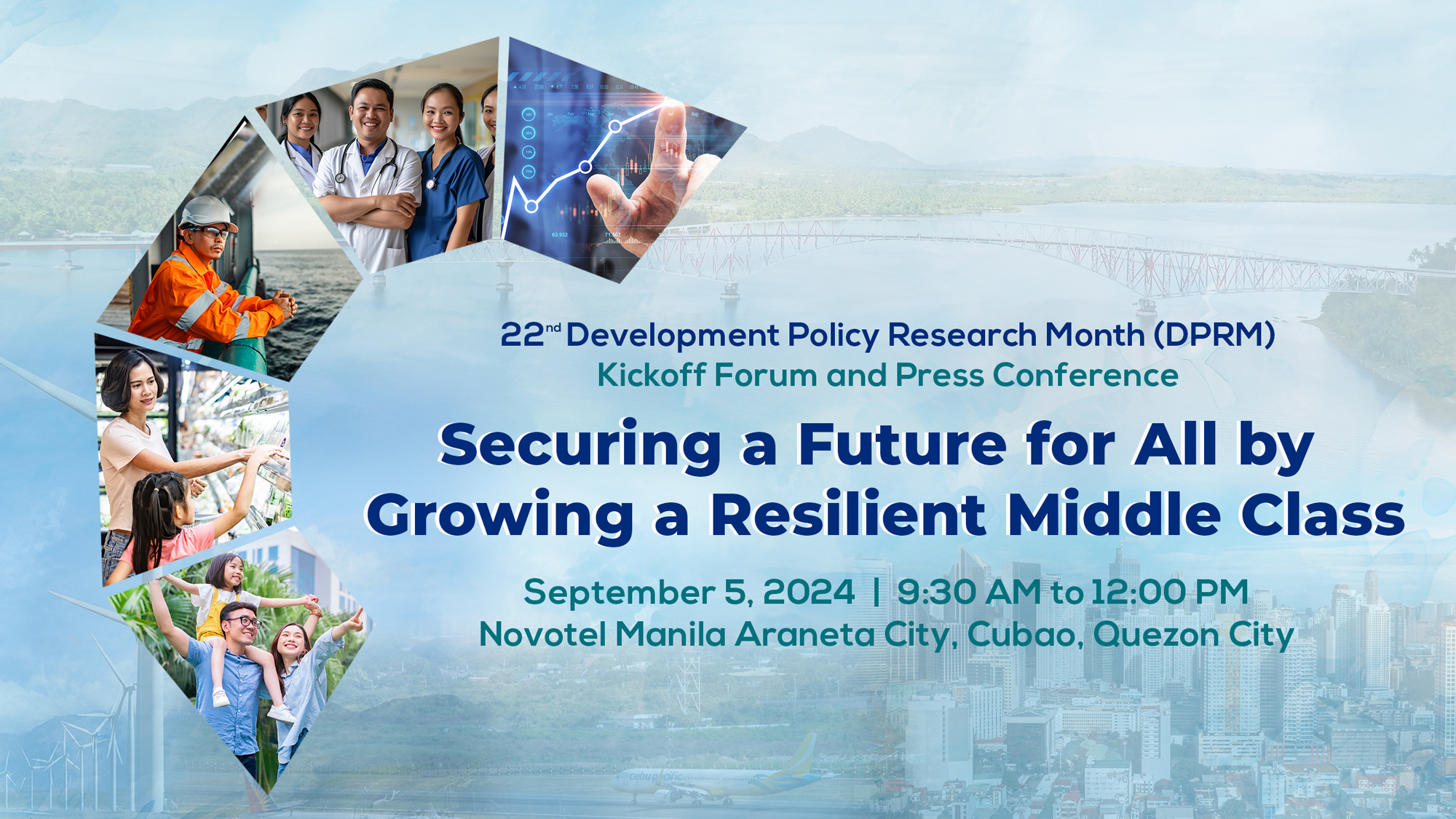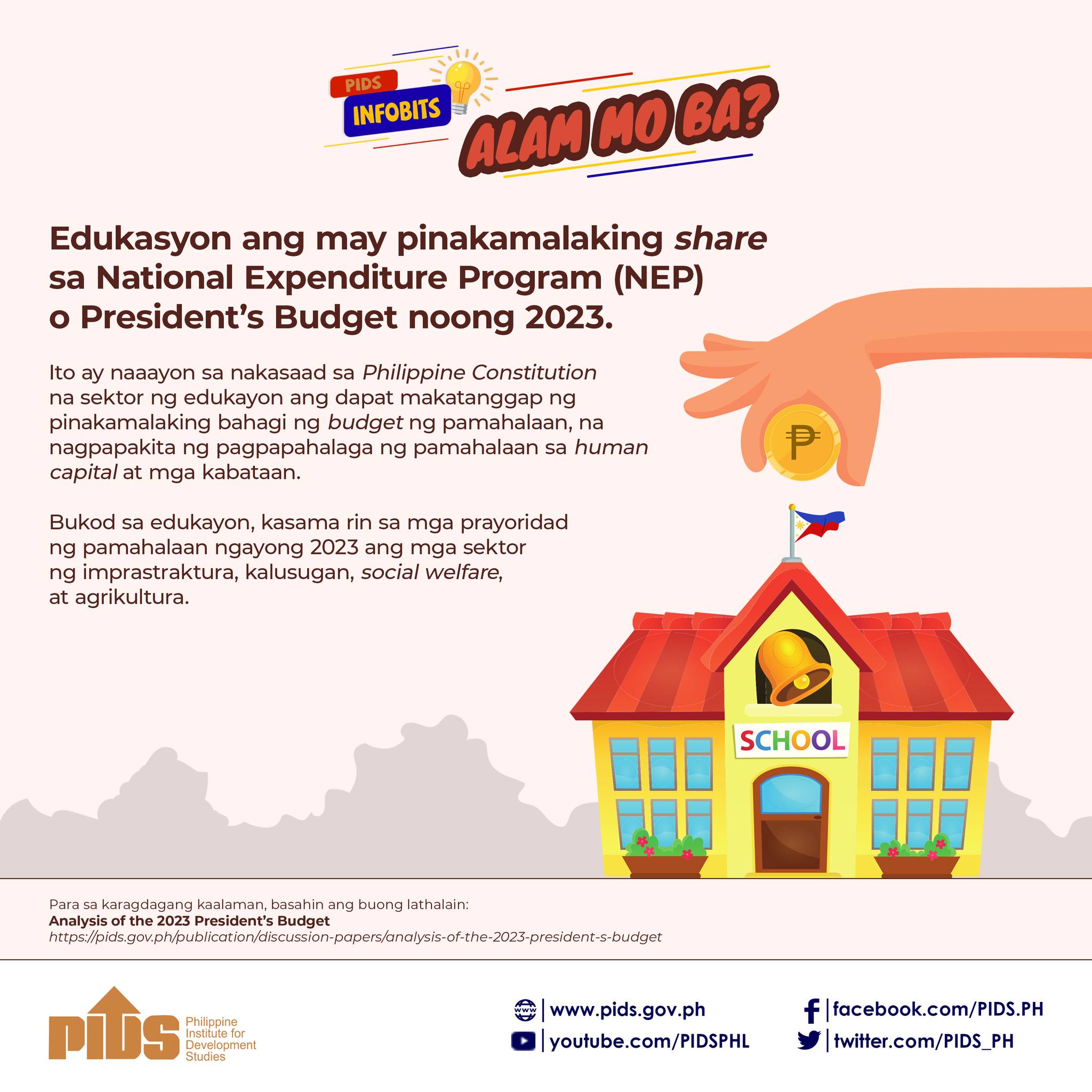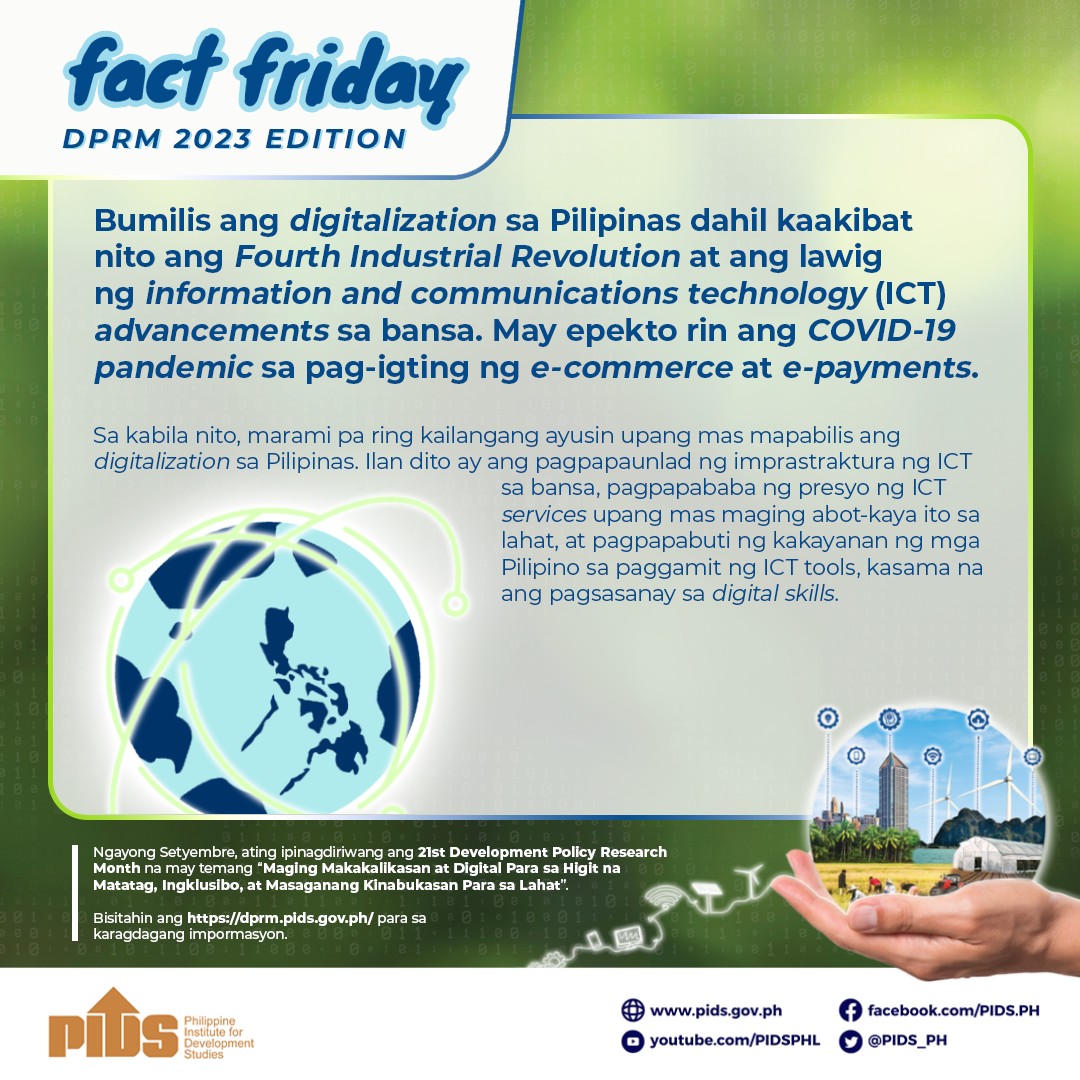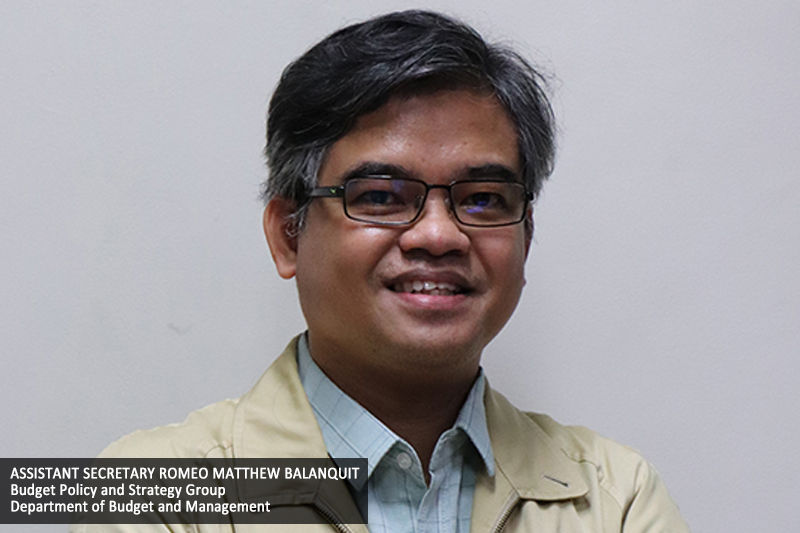
Investing in human capital development is crucial in addressing socioeconomic inequalities and accelerating the country’s post-pandemic recovery.
Assistant Secretary Romeo Matthew Balanquit of the Department of Budget and Management (DBM)’s Budget Policy and Strategy Group emphasized this in his presentation during the 20th Development Policy Research Month (DPRM) virtual kick-off forum organized by the Philippine Institute for Development Studies (PIDS).
For the fiscal year 2023, he said that the department would prioritize spending in education, health, and social protection to address issues on malnutrition, access to health services, employability, and poverty.
“These interventions will impact the future productivity of Filipino, which will eventually lead to economic gains,” he said.
For instance, the DBM supports the implementation of student financial programs, which allow underprivileged students to access free education.
In terms of access to health services, Balanquit noted that the demand for these services post-pandemic highlighted the need to improve and strengthen the country’s health systems.
The DBM official also underscored the importance of social protection programs that are responsive to the country's needs, especially for the poor and marginalized groups. According to him, the current administration is in the works of “updating and cleaning” the Department of Social Welfare and Development’s Listahanan, a database of poor households that serves as the basis for identifying beneficiaries of the different social protection programs and services.
Meanwhile, in the same forum, PIDS President Aniceto Orbeta Jr. emphasized in his opening remarks that it is crucial to develop a holistic approach to address the inequalities and inequities faced by many Filipinos affected by the pandemic. This, he said, can be done by renewing the country’s commitment to social justice.
According to Balinquit, the DBM is implementing several reforms to ensure the effective implementation of programs aimed at improving the lives of poor Filipinos toward the achievement of social justice.
One is the cash budgeting system, which “strengthens fiscal discipline to ensure that every peso would lead to the actual delivery of programs and projects and benefit all sectors, especially the poor and marginalized.”
Another reform is optimizing digital governance, specifically the establishment of an integrated financial management information system for more effective financial control and accountability. In addition, the use of digital payments in government collections “will promote efficient delivery of government services, expedite transactions, boost revenue, and reduce the risk of graft and corruption”.
Streamlining the bureaucracy and delivering essential public services more efficiently is also part of the reforms. In line with this, the National Government Rightsizing Program seeks to “minimize, if not totally eliminate, redundancies, overlaps, and duplications in government operations as well as to simplify rules and regulations, systems and procedures”.
Balanquit also noted that the DBM leads the implementation of the Green Public Procurement Roadmap, where the management and use of natural resources by 2030, integrating green and eco-friendly choices in public procurement, will be prioritized.
“With all these plans for the coming years, we can be assured of a proactive and responsive government able to deliver what it has promised to do,” he concluded.
The DPRM, led by PIDS, is celebrated every September to promote nationwide awareness of the importance of policy research in crafting evidence-based policies, plans, and programs, pursuant to Malacañang Proclamation 247 signed in 2002. This year’s theme is “#CloseTheGap: Accelerate Post-pandemic Recovery through Social Justice”, or in Filipino, “#AlisinAngAgwat: Pabilisin ang Pag-ahon Mula sa Pandemya sa Pamamagitan ng Katarungang Panlipunan”. ###
You may watch the webinar at https://fb.watch/fqHDgV0C5h/ or https://youtu.be/KCDUbZ4YiDc.
For more videos of PIDS events, go to https://www.pids.gov.ph/videos.

